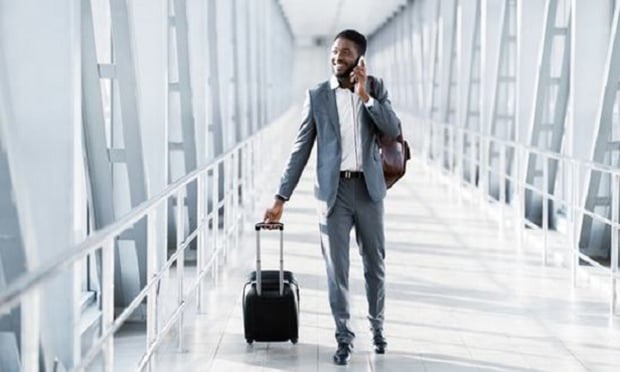 Business travelers are eager to get back on the road, but there is still some apprehension concerning travel risks and exposures, and travel insurance will take on a new significance for many. (Photo: Shutterstock)
Business travelers are eager to get back on the road, but there is still some apprehension concerning travel risks and exposures, and travel insurance will take on a new significance for many. (Photo: Shutterstock)
It wasn't long after the COVID-19 pandemic began that many people started to think about how workplaces and business travel would be forever transformed. Now, with the rollout of highly effective vaccines and economies around the world beginning to stir, we are about to find out what the future holds.
Recommended For You
Want to continue reading?
Become a Free PropertyCasualty360 Digital Reader
Your access to unlimited PropertyCasualty360 content isn’t changing.
Once you are an ALM digital member, you’ll receive:
- Breaking insurance news and analysis, on-site and via our newsletters and custom alerts
- Weekly Insurance Speak podcast featuring exclusive interviews with industry leaders
- Educational webcasts, white papers, and ebooks from industry thought leaders
- Critical converage of the employee benefits and financial advisory markets on our other ALM sites, BenefitsPRO and ThinkAdvisor
Already have an account? Sign In Now
© 2025 ALM Global, LLC, All Rights Reserved. Request academic re-use from www.copyright.com. All other uses, submit a request to [email protected]. For more information visit Asset & Logo Licensing.








